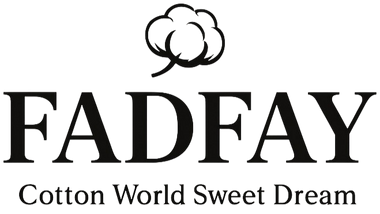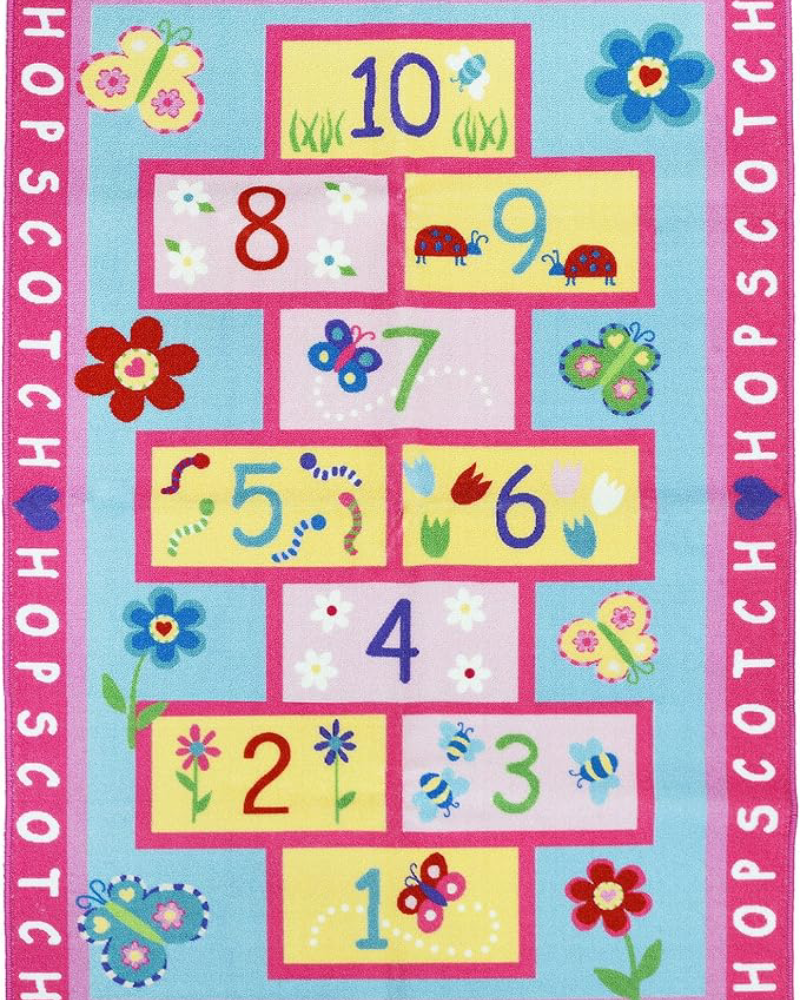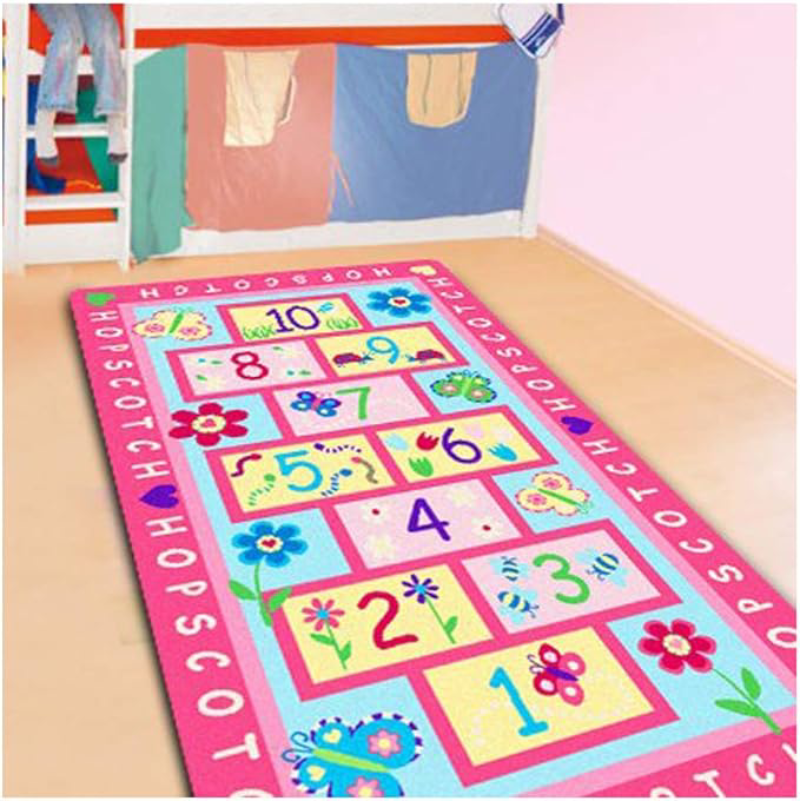Home economics, a multifaceted subject that combines practical skills with scientific knowledge, has long been associated with managing households and improving everyday life. However, its relevance extends far beyond the kitchen or the home. One of the less commonly discussed but important connections is how home economics relates to nursing. At first glance, these two fields may seem worlds apart, but they share fundamental principles rooted in caregiving, health management, and promoting well-being.
In this blog, we will explore the deep connections between home economics and nursing, discussing how the knowledge and skills gained in home economics can directly support nursing practices. From nutrition and sanitation to patient care and community health, home economics provides a strong foundation that complements the training nurses receive.
The Core Principle of Caregiving
Both home economics and nursing are grounded in the concept of caregiving. While the context may differ, the fundamental goal is the same: to improve the well-being of individuals and families. In home economics, caregiving often focuses on creating healthy, nurturing environments, managing resources efficiently, and ensuring the physical and emotional well-being of family members. Nursing, on the other hand, involves caregiving on a more specialized level, focusing on medical interventions, patient care, and health promotion.
Understanding the Human Aspect
Nurses, like home economists, deal with the human side of care, often managing more than just the clinical symptoms of a patient. Understanding emotional well-being, effective communication, and stress management are just as critical in nursing as they are in home life. Home economics emphasizes empathy and social responsibility, both of which are crucial qualities in nursing. By focusing on caregiving in a holistic sense, home economics helps future nurses develop a more compassionate and patient-centered approach to their profession.
Nutrition and Dietetics
One of the most direct connections between home economics and nursing is in the area of nutrition. In home economics, students learn about the principles of balanced diets, the nutritional needs of different age groups, meal planning, and food safety. This knowledge is incredibly valuable in the nursing field, where nurses often advise patients on dietary changes to improve health outcomes.
Nutrition in Patient Care
Nutrition plays a vital role in patient care, especially for individuals recovering from surgery, managing chronic diseases like diabetes, or dealing with malnutrition. Nurses are frequently responsible for monitoring a patient’s diet and providing guidance on how to maintain proper nutrition for healing and overall health. By having a background in home economics, nurses can offer better-informed recommendations and help create dietary plans that are both nutritious and practical for patients.
Managing Special Dietary Needs
In the hospital setting, many patients have specific dietary requirements due to allergies, intolerances, or health conditions. Home economics teaches the importance of adapting meals to meet individual needs, a skill that is highly transferable to nursing. Whether it’s creating a low-sodium diet for a patient with hypertension or preparing meals that accommodate food allergies, the principles learned in home economics can enhance a nurse’s ability to manage these needs effectively.
Sanitation and Hygiene
Sanitation and hygiene are central topics in home economics, where students learn about keeping homes clean, preventing contamination, and maintaining personal hygiene. These principles are also essential in nursing, where infection control and patient safety are of the utmost importance.
Infection Control in Healthcare
In a healthcare setting, maintaining high standards of sanitation is critical to prevent infections and promote patient recovery. Nurses play a key role in infection control, ensuring that both patients and medical environments are kept clean and sanitary. A background in home economics helps nurses understand the importance of hygiene, not just in their professional duties but also in educating patients and their families about personal and environmental cleanliness.
Managing Household Hygiene for Patient Recovery
Many nurses work in community health or home care settings, where they are responsible for helping patients recover outside of a hospital environment. In these cases, knowledge of home economics can be especially useful. For instance, a nurse may need to guide a family in maintaining a clean and hygienic environment for a post-surgical patient to reduce the risk of infection. Knowing how to manage household sanitation and provide practical advice on maintaining a clean living space is a skill that home economics imparts.
Budgeting and Resource Management
Another key area of home economics is resource management, including financial planning and budgeting. Nurses, particularly those involved in home health care or community nursing, often help families manage the costs of long-term care or chronic health conditions. Home economics can provide valuable insights into effective budgeting and the efficient use of resources, which are essential when working with patients who may face financial constraints.
Assisting Families with Healthcare Costs
Medical expenses can be a significant burden for families, especially those dealing with chronic illnesses or long-term care needs. Nurses who have a background in home economics may be better equipped to offer practical advice on how to manage these costs. Whether it’s recommending cost-effective dietary changes, suggesting home remedies, or providing tips on saving money on healthcare products, the financial management skills learned in home economics can directly benefit nurses in helping patients manage their healthcare expenses.
Managing Healthcare Resources
Resource management in nursing also involves efficiently using medical supplies and equipment, especially in settings like home care, where resources may be limited. Home economics teaches skills like improvising with available materials and planning for long-term needs, which can be invaluable for nurses working with patients outside of the hospital setting. In times of resource shortages or financial constraints, nurses with home economics backgrounds can creatively and responsibly manage healthcare supplies while maintaining patient care standards.
Family and Community Health
Home economics emphasizes the importance of family and community health, recognizing that health is not just an individual concern but one that affects families and larger social networks. Similarly, nurses often work within the context of family and community care, especially in public health or community-based nursing roles.
Promoting Health Education
One of the roles of both nurses and home economists is to educate others about healthy living. Nurses frequently educate patients and their families about managing health conditions, preventing diseases, and maintaining a healthy lifestyle. Home economics provides a strong foundation for this by teaching communication strategies and methods for conveying health-related information in a way that is understandable and actionable.
For example, nurses working in prenatal or child health care may need to educate new parents about infant nutrition, hygiene, and home safety—all topics covered in home economics. By understanding how to teach these principles effectively, nurses can help ensure that families adopt healthier practices.
Supporting Community Well-being
Nurses also contribute to community health, often working with vulnerable populations to improve health outcomes on a larger scale. Home economics emphasizes community engagement and social responsibility, which aligns with the goals of public health nursing. Whether organizing community health workshops, supporting local health initiatives, or working with families to address social determinants of health, the values instilled by home economics help nurses approach community health with empathy and a comprehensive understanding of well-being.
Psychosocial Support and Emotional Well-being
Home economics doesn't just focus on practical tasks; it also covers the emotional and psychological aspects of managing family life and personal well-being. Understanding the social and emotional dynamics within families can enhance a nurse’s ability to provide psychosocial support, a key component of holistic nursing care.
Emotional Care in Nursing
Patients often experience anxiety, stress, or emotional challenges when dealing with illness, especially in long-term or terminal conditions. Nurses provide emotional support and comfort to patients, helping them navigate the psychological challenges of their health journeys. The understanding of emotional well-being, interpersonal relationships, and communication developed in home economics can help nurses build better rapport with patients and their families, contributing to more compassionate care.
Supporting Caregivers
In cases where patients rely on family members for caregiving, nurses are responsible for supporting not only the patient but also the caregivers. A nurse with knowledge of home economics may be more adept at offering practical advice on managing caregiver stress, maintaining balance in home life, and ensuring that caregivers have the resources they need to support their loved ones effectively.
Conclusion
Home economics and nursing, though seemingly distinct fields, share many overlapping principles related to caregiving, health management, and well-being. From nutrition and sanitation to family care and emotional support, the knowledge gained through home economics can directly enhance nursing practices. Whether in a hospital setting, community health role, or home care environment, nurses benefit from the holistic, practical, and compassionate approach that home economics fosters.
By blending the skills and insights of home economics with the specialized medical knowledge of nursing, healthcare professionals can provide more comprehensive, patient-centered care that addresses both physical and emotional needs. This interconnectedness highlights the broad and enduring value of home economics as a subject that reaches into various professional and personal aspects of life, including nursing.







